Chronic back pain doesn’t just take a toll on your body—it can deeply impact your mental health. The constant discomfort, limited mobility, and disrupted sleep often lead to feelings of frustration, stress, and even depression. For many, the emotional weight of living with persistent pain can feel just as heavy as the physical strain. But here’s the good news: effective treatment can make all the difference.
Chiropractors play a vital role in addressing chronic back pain, not only by targeting the root causes but also by promoting overall well-being. Through precise adjustments and holistic care, they help patients regain control of their lives.
Understanding the connection between chronic pain and mental health is the first step toward relief. Let’s dive into how chiropractic care can offer solutions that go beyond the surface, supporting both your body and mind in the process.
How does chronic back pain impact mental health over time?
Chronic back pain can have a profound and lasting impact on mental health, leading to a range of emotional and psychological challenges over time. Here are several ways it affects mental well-being:
- Increased Anxiety: The uncertainty and unpredictability of chronic pain can lead to heightened anxiety levels. Patients may worry about their pain worsening or impacting their daily lives.
- Depression: Long-term pain often contributes to feelings of hopelessness and despair. Many individuals with chronic back pain may develop depression, which can further exacerbate their perception of pain.
- Social Isolation: Chronic back pain can limit physical activities and social engagements, leading to withdrawal from friends and family. This isolation can compound feelings of loneliness and depression.
- Reduced Quality of Life: Persistent pain can affect a person’s ability to work, engage in hobbies, and maintain relationships, resulting in a diminished overall quality of life.
- Sleep Disturbances: Chronic pain frequently disrupts sleep patterns, leading to insomnia or poor-quality sleep. Sleep deprivation can significantly impact mood and cognitive function.
- Coping Strategies: Individuals may resort to unhealthy coping mechanisms, such as substance abuse, as a means to manage their pain and emotional distress.
The interplay between chronic back pain and mental health highlights the need for comprehensive treatment approaches that address both physical and psychological aspects for effective recovery.
What mental health challenges are commonly linked to chronic back pain?
Chronic back pain is often associated with several mental health challenges that can significantly affect a person’s overall well-being. Here are some of the most common mental health issues linked to chronic back pain:
- Depression: Many individuals with chronic back pain experience symptoms of depression. The persistent nature of the pain can lead to feelings of hopelessness, low energy, and a loss of interest in activities once enjoyed.
- Anxiety: Chronic pain often brings uncertainty about the future and concerns regarding the ability to manage daily activities, leading to heightened anxiety levels. Individuals may worry about their health, job security, and social interactions.
- Stress: The constant struggle with pain can lead to increased stress levels, which can exacerbate both physical and mental health issues. Stress can trigger muscle tension, worsening back pain and creating a vicious cycle.
- Sleep Disorders: Chronic pain frequently disrupts sleep patterns, leading to insomnia or poor-quality sleep. Sleep disturbances can further contribute to mood swings, irritability, and cognitive impairments.
- Social Isolation: The limitations imposed by chronic back pain can lead to withdrawal from social activities and relationships, resulting in feelings of loneliness and isolation.
- Coping Difficulties: Individuals may struggle to find effective coping strategies for managing both pain and associated emotional distress, potentially leading to reliance on unhealthy behaviors, such as substance abuse.
Addressing these mental health challenges is essential for individuals with chronic back pain to improve their quality of life and overall recovery.
How can a chiropractor help address chronic back pain’s physical and mental aspects?
Chiropractors play a vital role in addressing chronic back pain’s physical and mental aspects through a holistic approach that emphasizes overall wellness. Here’s how they can help:
- Spinal Adjustments: Chiropractors use spinal manipulation to realign the spine, relieve nerve pressure, and improve mobility. This can help reduce physical pain and enhance overall function, improving quality of life.
- Pain Relief Techniques: In addition to adjustments, chiropractors may employ various pain relief methods, such as soft tissue therapy, ultrasound, and electrical stimulation, to alleviate discomfort and promote healing.
- Customized Exercise Programs: Chiropractors often design personalized exercise regimens that strengthen core muscles, improve flexibility, and support proper posture. This proactive approach can prevent further injury and reduce pain over time.
- Education on Pain Management: Chiropractors provide valuable information on managing chronic pain, including ergonomic advice, stress reduction techniques, and healthy lifestyle changes that can positively impact physical and mental health.
- Stress Reduction: Chiropractic care can help reduce stress and anxiety by alleviating physical pain and discomfort and improving mental health. Patients often report improved mood and overall well-being after treatment.
- Supportive Environment: Chiropractors foster a supportive relationship with their patients, helping them feel empowered in their recovery journey. This encouragement can improve mental resilience and promote a positive outlook.
Chiropractors provide comprehensive care that enhances their patients’ overall well-being by addressing the physical and mental aspects of chronic back pain.
What are the benefits of chiropractic care for improving mental well-being in chronic pain patients?
Chiropractic care offers numerous benefits for improving mental well-being in chronic pain patients by addressing both physical discomfort and emotional health. Here are some key advantages:
- Pain Reduction: Chiropractors can help patients experience immediate relief by alleviating physical pain through spinal adjustments and other techniques. Reduced pain levels often lead to improved mood and overall emotional stability.
- Increased Mobility: Chiropractic care enhances joint function and flexibility, enabling patients to engage in daily activities and physical exercise. Increased mobility can boost confidence and reduce feelings of helplessness associated with chronic pain.
- Stress Relief: Chiropractic adjustments promote relaxation and help lower stress hormones. By relieving muscle and joint tension, patients often report feeling more relaxed, positively impacting their mental health.
- Improved Sleep Quality: Effective pain management through chiropractic care can lead to better sleep quality, which is crucial for emotional health. Improved rest helps mitigate anxiety and depression symptoms.
- Holistic Approach: Chiropractors take a holistic view of health, often providing lifestyle advice, stress management techniques, and coping strategies that empower patients to manage their chronic pain and associated emotional challenges effectively.
- Supportive Care Environment: The personalized care and supportive relationship between patients and chiropractors can foster community and understanding, enhance mental well-being, and encourage proactive health management.
Chiropractic care can significantly improve the mental well-being of chronic pain patients by addressing both their physical and emotional needs.
Get Help from a Professional Chiropractor!
At Collective Chiropractic, we understand that back pain can significantly impact your quality of life. Our dedicated team is here to help you find relief through personalized chiropractic care tailored to your unique needs. We utilize a holistic approach that includes spinal adjustments, soft tissue therapy, and wellness strategies to alleviate pain and promote overall health.
By addressing both the physical and mental aspects of back pain, we empower you to regain your mobility and well-being. Don’t let back pain hold you back—contact us today to schedule your appointment and start your journey to relief!
